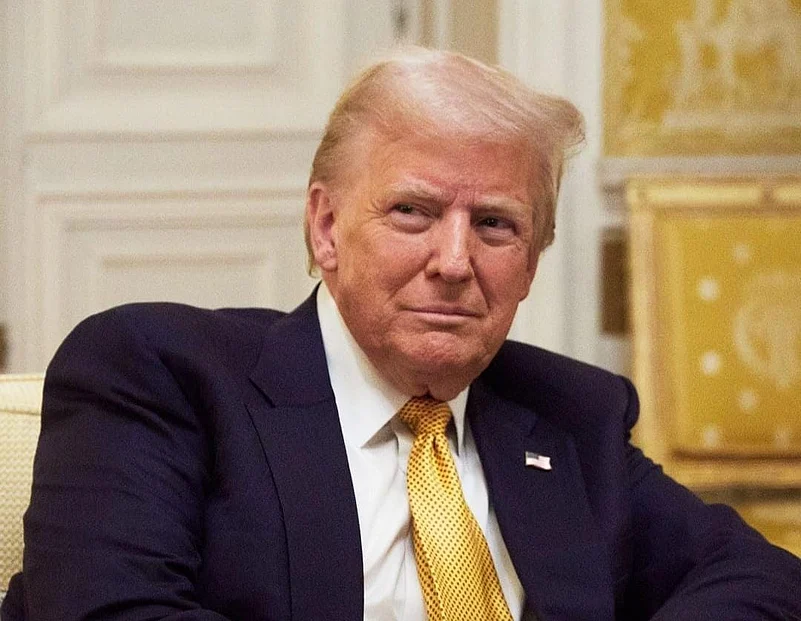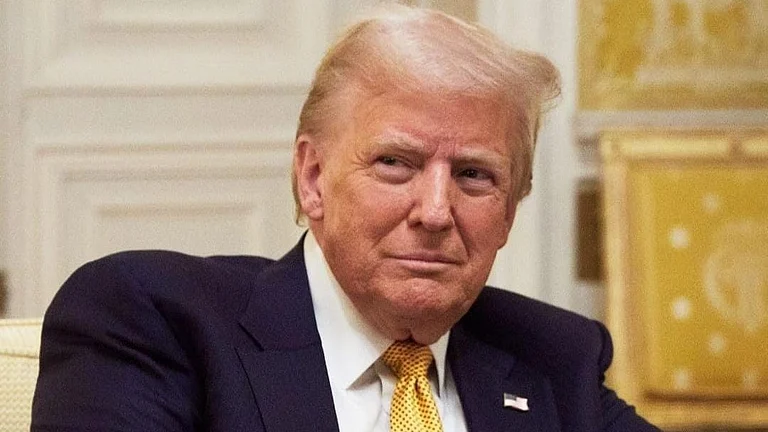
Summary of this article
Trump order may allow crypto, private equity in 401(k) plans.
Changes require regulatory review before implementation begins.
Crypto, private equity industries likely to benefit from expanded access.
A new executive order by US President Donald Trump may open the door for Americans saving through 401(k) plans to invest in higher-risk assets such as cryptocurrencies and private equity.
According to the AP, the order instructs to the Labor Department and other federal agencies to review the definition of qualified investment options under the Employee Retirement Income Security Act (ERISA). If approved, this change would allow retirement plans to expand beyond traditional holdings like stocks, bonds, and cash equivalents.
The move does not bring immediate changes. Regulatory agencies would still need to changeexisting rules, a process that could take months or longer. However, once implemented it would give employers the option to include a wider range of mutual funds and alternative investments in 401(k) plans.
Currently, retirement savings plans are required to prioritise employee interests and minimise risk. Most investment options under ERISA focus on stable, publicly traded assets. Trump's order may change that framework by providing workers with access to potentially higher-returning but more risky investments such as private equity, cryptocurrency, and real estate.
The $5 trillion private equity industry, which has pushed for access to retirement accounts for years, and the cryptocurrency sector, which supported Trump's 2024 campaign, stand to benefit significantly from the proposed changes.
Bitcoin prices rose 2 percent to $116,542 following the announcement, and Ethereum hovered near the $4,000 mark. Since Trump's election, Bitcoin has nearly doubled in value.
Under former President Joe Biden, federal regulators approached crypto-linked retirement investments with significant caution that cites extreme volatility and investor protection concerns. While crypto assets remain unpredictable, often moving 10 per cent in a single day, the Trump administration appears more open to making them part of mainstream retirement portfolios.
If approved, the move may considerably widen the scope of retirement investing in the United States, providing investors with new choices while also introducing new risks.














